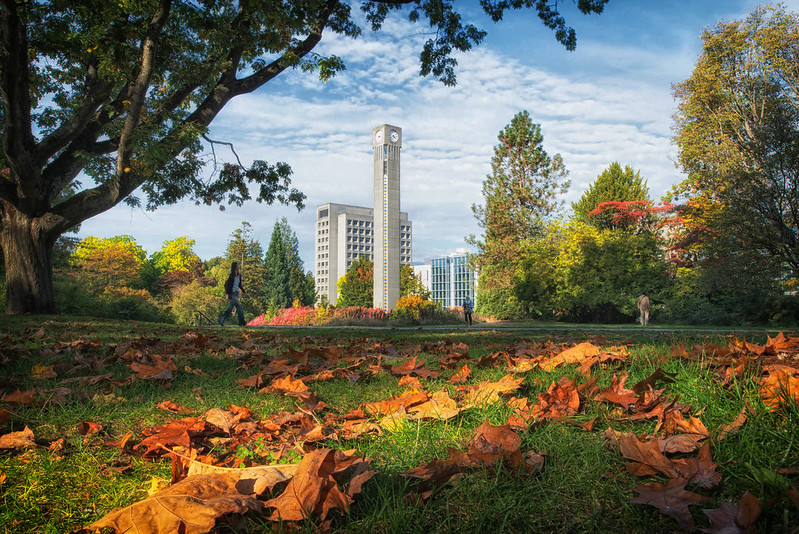

UBC Flickr
Dr. Ervin Malakaj, Assistant Professor of German Studies, published an article in the most recent issue of GLQ: A Journal of Lesbian and Gay Studies. The article is titled “Queer Time and the Cinematic Pleasures of the Locus Amoenusin Free Fall.”
The locus amoenus boasts a long history in cultural representation as a motif affiliated with impossible unions. This article seeks to articulate it as an analytic category for contemporary queer cinema. It does so on the basis of a detailed analysis of Stephan Lacant’s Freier Fall (Free Fall, 2013). Lacant’s film presents two intertwined temporal structures that converge in the film’s evocation of the locus amoenus. On the one hand, Free Fall depicts a heteronormative habitus into which its main character, Marc (Hanno Koffler), is socialized. Here, in the domain of chrononormativity (Freeman), the protagonist’s past and present align and are intended to shape the future.
On the other hand, the locus amoenus generates an alternate, queer temporal order for Marc: on meeting Kay (Max Riemelt), Marc derails. The regular liaison with Kay poses a threat to the hegemonic order and indexes a queer presentism competing with the regimented hetero temporality of his familial life. The analysis of these competing and intertwined temporal orders will show how the regular narrative recurrence of the locus amoenus in the film — next to being a driving force for the film’s melodramatic sentimentality — also stimulates “viewerly” pleasure. This pleasure is immediately tethered to the rhythm of the motif’s recurrence and the disabling of hegemonic pressures faced by the protagonist. However, the momentary recourse to queer pleasure afforded by the locus amoenus does not anticipate affirmative queer futures. As this article demonstrates, the locus amoenusadvances a queer presentism that compromises liberatory potentials.
The article is available through Koerner Library.


